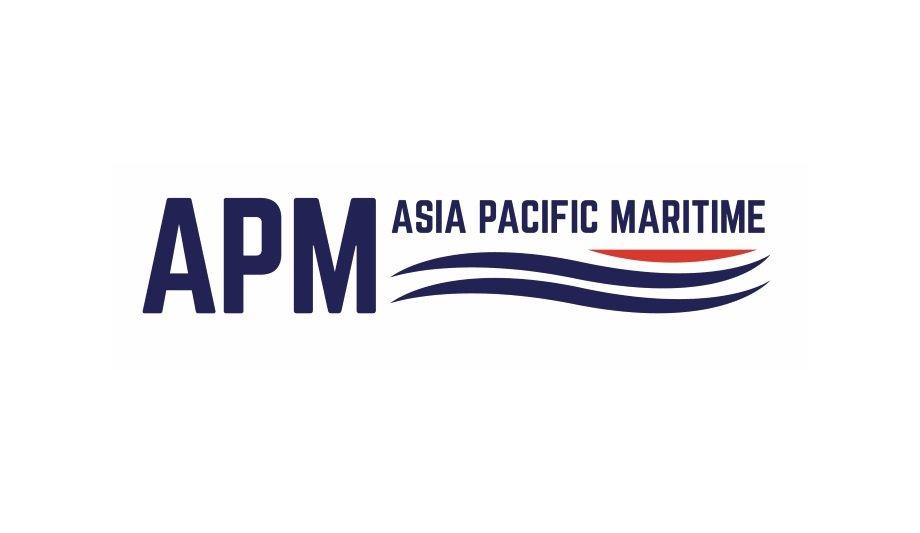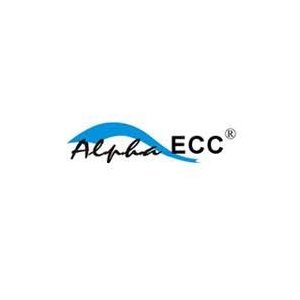Vietnam’s sea transport sector continues to achieve steady growth, with goods transported by the country’s fleet reaching more than 81 million tons in the first half of 2019, a year-on-year increase of 16 per cent.
Statistics from Vietnam Maritime Administration also indicated that in the same period, Vietnam’s ports handled 308.8 million tons of goods, up 13 per cent year-on-year. Changing tides in the global economy could further fuel this growth. Striving to become a maritime powerhouse by 2030, Vietnam industry players are following global developments closely in order to thrive.
Rapid economic expansion
To position the Southeast Asian nation for growth, Asia Pacific Maritime (APM) 2020 exhibition and conference organised a half-day Vietnam Maritime Event in Ho Chi Minh City where local and regional speakers shed insights into issues impacting the Vietnam and global industries. Yeow Hui Leng, Group Project Director, APM said, “Vietnam has developed significantly over the past three decades and its economic outlook remains bright despite economic headwinds and global uncertainties. Rapid economic expansion has driven shipping demand.”
The country will need to stay atop of tightening regulations and modernise"
“However, the country will need to stay atop of tightening regulations and modernise. As a platform that supports Asia Pacific shipping, APM is heartened to have leading maritime experts join us in addressing the current and future needs of Vietnam.” A major shake-up for shipping, the IMO (International Maritime Organisation) 2020 Global Sulphur Cap will come into effect in less than two months, from January 2020, presenting a high technical requirement for shipowners.
Intensity reduction targets
As this will undoubtedly raise operating and management costs due to increased fuel cost, major shipbuilding territories such as Japan, the European Union and USA, are seeking means to use liquefied fuel to reduce costs. This presents an opportune time for Vietnam to learn from global maritime players, while it relies on imports of the cleaner fuel in the meantime.
Shedding light on methanol, Chris Chatterton, Chief Operating Officer of Methanol Institute said, “Methanol, unlike other alternative fuels, can really ‘move the needle’ with respect to meeting both the IMO2020 regulation and the carbon intensity reduction targets set by the IMO along several renewable or zero carbon production paths. Renewable Methanol can act as a long-term transition fuel, while as an efficient carrier of hydrogen, it can also power fuel cells, a future fuel which is deemed one of the most feasible in achieving a lower carbon approach to shipping.”
Open loop scrubbers
Major ports, apart from Japan, do not allow open loop scrubbers to operate within their territorial waters"
About the sulphur cap’s impact on Asia, Simon Neo, Executive Director, SDE International said, “Asia is very much prepared for the IMO 2020 and all major ports have made suitably graded fuels available. In the lead up to the regulation’s implementation, we are seeing vessels in the region being fixed with scrubbers.”
“However, major ports, apart from Japan, do not allow open loop scrubbers to operate within their territorial waters. And vessels using the closed loop or hybrid system will also face some problems with the disposal of the waste products produced by this scrubbers, because not many port states have announce their readiness to receive this waste for treatment and safe disposal.”
Outdated maritime assets
Solutions for Tomorrow: Digitalisation Though Vietnam’s shipping industry is poised for growth, many industry players remain beset with outdated maritime assets and limited access to capital, thereby hindering digitalisation. In light of this, the Vietnam Maritime Department issued an official call in late 2018 for Vietnamese maritime players and shipowners to accelerate the adoption of Industry 4.0 technologies.
The Vietnam Maritime Department issued an official call in late 2018 for Vietnamese maritime players
On this topic, Assistant Professor Okan Duru, Director of Maritime Studies, Nanyang Technological University (Singapore) said, “Digitalisation is an evitable investment for survival. If shipowners and operators cannot adapt to this transformation of Industry 4.0, they will be wiped out by Industry 5.0. Among various solutions of digitalisation, workplace automation and Ship 5.0 (embedded ship automation) will change the ecosystem dramatically. Tipping-point is not as close as perceived, but it is not that far.”
Skilled maritime manpower
About the state of Vietnam’s ships, Bui Văn Trung, Secretary General, Vietnam Shipowners’ Association said, “Vietnam’s national fleet consists mostly of second-hand ships, many of which feature technologies of 15 years ago or older – this puts us at a disadvantage amid fierce competition from newer ships of foreign owners.”
“While modernisation is a must to survive, it is also a grave problem for the shipping companies, chiefly because of low profitability in business and lack of development funds, especially from commercial sources. The current shortage of skilled maritime manpower is also another problem for the shipowners in running their business.” Another challenge facing Vietnam’s shipping industry is a dwindling fleet – the number of ships decreased from 1,600 in 2018 to 1,568 at present.
Vast local potential
APM 2020 to address present-day and future needs for the global vessels industry
But there are bright sparks in this arena, with international suppliers of equipment and spare parts trending towards the Vietnamese shipbuilding industry to leverage the vast local potential for growth. With opportunities coming Vietnam’s way, there is a need for shipbuilders to pick up pace.
Mr Huang Hong Guang, Deputy General Manager of WEICHAI Vietnam and Mr Vu Van Dao, Chief Executive Officer of ALPHA ECC, DONG XUYEN INDUSTRY PARK, VUNG TAU VIETNAM presented new innovative solutions for the shipbuilding industry. APM 2020 to address present-day and future needs for the global vessels industry In the face of upcoming regulations and the need to modernise, the global vessels industry continues to search for solutions that enable better efficiency and productivity.
Fully autonomous vessels
In responding to the vessels industry of today, the APM conference will shine a spotlight on the digital evolution that is shaping the future in multiple aspects, with topics like 5G, digitalisation standards and remote pilotage being brought to the fore.
Additionally, a new Innovation Pavilion at the exhibition will showcase fully autonomous vessels, electronic professional certificates and ships with minimal carbon footprints – solutions that will support delegates in maintaining a competitive edge. The APM 2020 conference will take place between 18 and 20 March 2020 at the Marina Bay Sands Expo & Convention Centre, Singapore, connecting delegates with decision makers and sharpening industry understanding in Asia. Registration to visit APM Exhibition is free and is now open.













